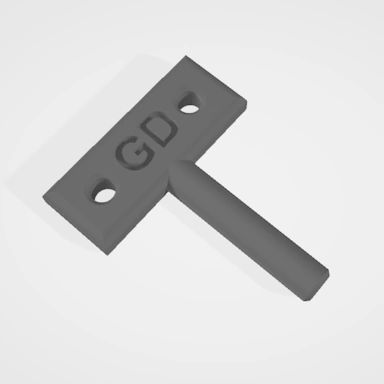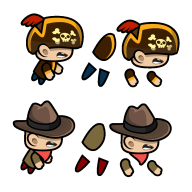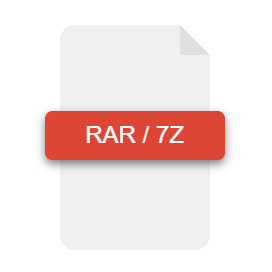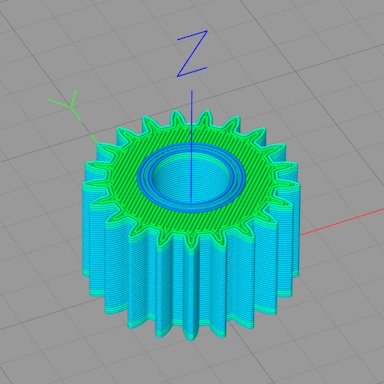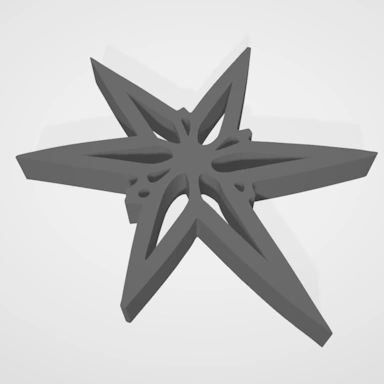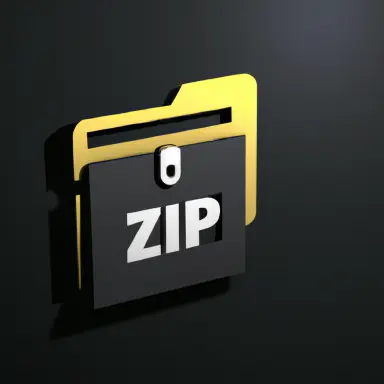How does converting USD to OBJ work?
In order to successfully convert an USD formatted file to the OBJ format, our converter tools will perform several initial checks to ensure the file provided is indeed an USD file. There are many files out there where the file type extension does not match the data contained within the file. Along with these file type checks, our tools will do additional checks to ensure the file is correctly formatted to match the provided file type. There are many tools out there that do not always create USD files to the exact specification.
Take your USD file
An USD file is a binary data file containing 3D data that makes up the 3D model, including vertices, faces, texture coordinates, and more. To guarantee efficient conversions, our tool will check all data that is contained within the USD file and remove any information that is duplicated. This not only ensures the conversion completes more quickly, but also the generated OBJ file size is smaller.
Convert the data from USD to OBJ
Now that the data from the USD file has been processed, our tool can apply any conversion specified options, such as enabling Voxel mode, and with these applied, prepare the data to be converted to the final OBJ file format. Part of this process ensures checking the capabilities of the OBJ format and removing any data that cannot be represented.
Save to the OBJ format
At this point, the USD to OBJ conversion tool will have the 3D model in a state that is ready to be transferred to the OBJ format. Our tool creates the OBJ file, ensuring all the model data is present and is formatted to match the OBJ file specification to ensure the file opens in compatible OBJ file editors.




